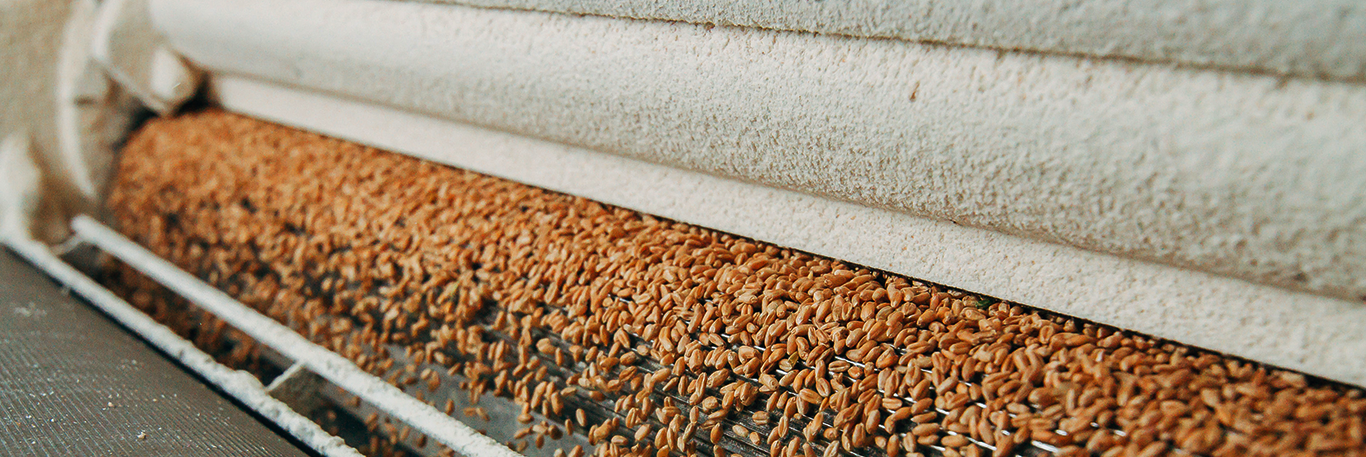Introduction
In the contract food manufacturing industry, making certain quality assurance is of utmost value. With the increasing need for contract food manufacturing in Australia, it is crucial for companies to implement best techniques and adhere to stringent criteria. This post will look into the different aspects of achieving quality assurance in contract food production, highlighting the crucial practices and requirements followed in Australia.
The Significance of Contract Food Manufacturing in Australia
Contract food production plays an essential function in the Australian food industry. It permits business to outsource their food production to specialized suppliers, allowing them to focus on various other elements of their service such as marketing and circulation. Contract food manufacturing additionally provides adaptability to services by enabling them to scale up or down their production based upon market demands.

Contract Food Manufacturing: An Expanding Trend in Brisbane
Brisbane, being a major city in Australia, has seen a substantial growth in contract food food manufacturers in Australia manufacturing. This pattern can be attributed to the enhancing number of services selecting outsourcing their food manufacturing needs. Contract food manufacturing in Brisbane offers several advantages such as price financial savings, accessibility to specific tools and experience, and compliance with strict quality standards.
Best Practices for Agreement Food Manufacturing
To attain quality assurance in agreement food production, it is important to comply with ideal techniques that guarantee consistency, safety and security, and also efficiency. A few of these finest techniques consist of:
GMP (Excellent Production Practices) Compliance: Abiding by GMP guidelines helps preserve high-grade requirements throughout the manufacturing procedure. This consists of appropriate training of staff, preserving sanitation and also hygiene, and also executing durable quality control measures.
Food Security Administration Systems: Applying an extensive Food Safety Management System (FSMS) is important for guaranteeing the safety of food. This includes routine assessments, risk analysis, as well as application of preventative measures.
Quality Control Testing: Regular testing of basic materials, in-process examples, and also completed products is important to determine any type of variances from top quality standards. This includes testing for microbial contamination, chemical structure, and also sensory attributes.
Traceability and Documentation: Preserving exact records of all production procedures, active ingredients made use of, as well as product packaging materials assists make certain traceability and liability. This documentation likewise aids in determining and also dealing with any kind of quality issues that may arise.
Supplier Qualification: Performing thorough assessments of distributors guarantees that they meet the needed high quality standards. This consists of reviewing their manufacturing procedures, accreditations, as well as record in providing high-quality products.
Continuous Improvement: Consistently assessing as well as updating procedures based upon responses and industry advancements is important for accomplishing constant improvement in contract food manufacturing. This involves tracking crucial efficiency indicators (KPIs) as well as executing corrective actions when necessary.
Standards in Australian Agreement Food Manufacturing
Australia has rigorous criteria and also policies in position to ensure the safety and security as well as top quality of contract food manufacturing. Several of the vital criteria include:
Food Standards Code: The Food Requirement Code lays out the demands for food manufacturing, labeling, and also handling in Australia. It covers areas such as food safety and security, additives, labeling demands, as well as nutritional information.

HACCP (Threat Evaluation Important Control Factor) : HACCP is an organized approach to recognizing prospective dangers in the manufacturing process as well as applying control measures to prevent them. It is a commonly recognized requirement for ensuring food safety.
ISO 22000: ISO 22000 is an international criterion that specifies the requirements for a Food Safety Management System (FSMS). Abiding by this conventional assists organizations demonstrate their dedication to food safety.
SQF (Safe Top Quality Food) Certification: SQF certification ensures that a firm's food safety administration system fulfills international criteria. It offers assurance to consumers that the products they get are safe and of high quality.
AIB International Certification: AIB International qualification concentrates on the cooking sector and makes sure that suppliers satisfy particular food security as well as top quality requirements. This accreditation is very related to in the contract food manufacturing sector.

FAQs regarding Quality Assurance in Agreement Food Production
What are the advantages of outsourcing agreement food manufacturing? Outsourcing contract food manufacturing enables companies to concentrate on core proficiencies, decrease costs, accessibility specific know-how, and also rise production flexibility.
How can I ensure that a contract food supplier satisfies my quality standards? It is essential to carry out complete due diligence prior to picking an agreement food supplier. This includes evaluating their qualifications, track record, quality control processes, and also consumer feedback.
What steps can be taken to prevent cross-contamination in contract food manufacturing? Correct partition of manufacturing areas, dedicated devices for irritant handling, as well as implementing stringent cleansing procedures are some procedures that can aid protect against cross-contamination.
What duty does packaging play in guaranteeing quality assurance in contract food production? Product packaging plays an important role in maintaining the high quality as well as safety and security of food. It must be developed to protect against contamination, preserve product quality, as well as give required info to consumers.
How usually ought to screening be carried out in agreement food manufacturing? Evaluating regularity depends on numerous factors such as the kind of product, life span, as well as governing demands. It is recommended to have a robust screening plan that covers raw materials, in-process examples, as well as completed products.
What are some common obstacles faced in attaining quality control in agreement food production? Typical challenges include preserving uniformity throughout several manufacturing websites, making certain compliance with changing policies, taking care of supply chain risks, as well as attending to customer-specific requirements.
Conclusion
Achieving quality control in agreement food production is essential for services running in the Australian market. By adhering to best techniques and also sticking to rigorous criteria such as GMP compliance, executing food security management systems, and also performing routine quality assurance testing, companies can guarantee the security as well as high quality of their items. It is additionally important to choose contract food manufacturers that fulfill the necessary accreditations as well as have a performance history of delivering top quality items. By focusing on quality assurance, organizations can construct trust with customers and establish a solid existence in the affordable food industry.